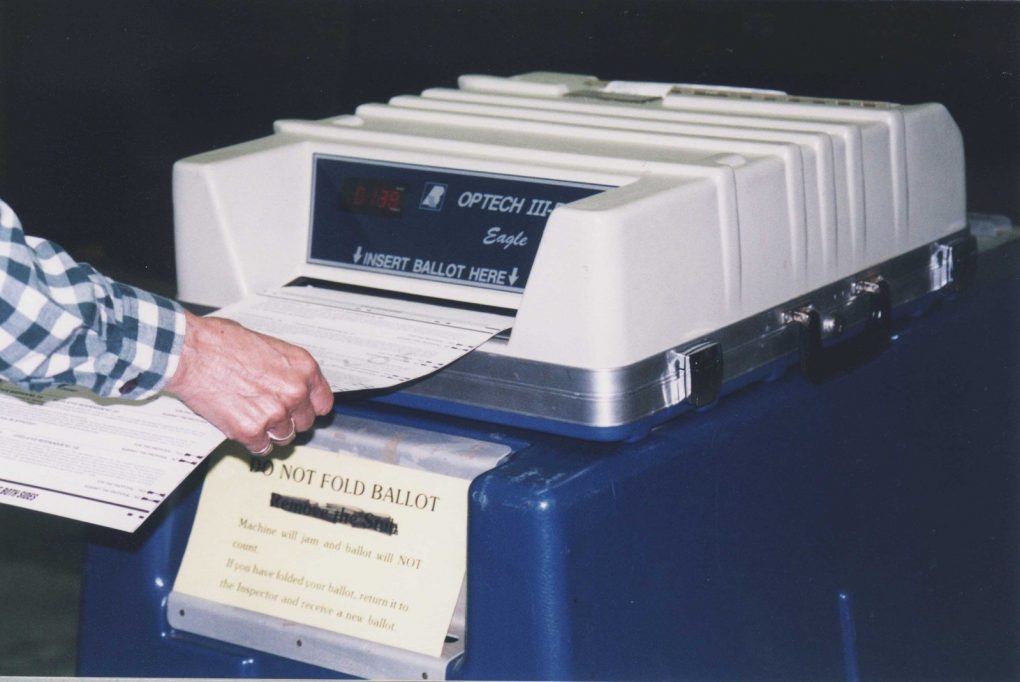Sometimes elections, particularly local elections, come down to only a handful of votes. While all the moral support in the world is nice, a political candidate cannot win an election until they get their supporters to cast a ballot.
So how can a campaign get more supporters to actually turn out on Election Day?
One way is to simply ask, “Will you be voting in the next election?”
 Simply asking potential voters to predict if they will or will not vote on Election Day and having them provide a reason for their prediction can actually increase voter turnout. This was the conclusion of a study by social scientist Anthony Greenwald. When his team performed this experiment on potential voters on the eve of an election day, those who were asked to predict if they would vote had an actual turnout rate 25% higher than those who were not asked the question.
Simply asking potential voters to predict if they will or will not vote on Election Day and having them provide a reason for their prediction can actually increase voter turnout. This was the conclusion of a study by social scientist Anthony Greenwald. When his team performed this experiment on potential voters on the eve of an election day, those who were asked to predict if they would vote had an actual turnout rate 25% higher than those who were not asked the question.
This technique is based on two psychological principles.
The first is the compulsion of the person asked to agree to the ‘socially desirable’ activity.
The second is that because the person has publicly stated that they will perform the behavior, they will be more motivated to act in a consistent manner with their commitment. (And actually vote.)
So, how do you put this technique to use?
One way is to have campaign volunteers call known supporters and ask them if they will vote in the next election. Once they get a ‘yes’ answer, the volunteer should tell the supporter that they they will mark the person down as a ‘yes’ and will let others know as well.
Having the supporter make a public, voluntary declaration helps cement the voter’s commitment to show up at the polls or cast a mail-in ballot.
This tip can help motivate voters for both primaries and general elections.
For more information on this and other persuasive marketing techniques, check out the book Yes!: 50 Scientifically Proven Ways to Be Persuasive.
Related: Reach Voters With Online GOTV Strategies
« How to Raise Political Donations Online: A Step-by-Step Guide for CandidatesWhen Should You Start Campaigning For Your Election? »
Tags: volunteers, voting







